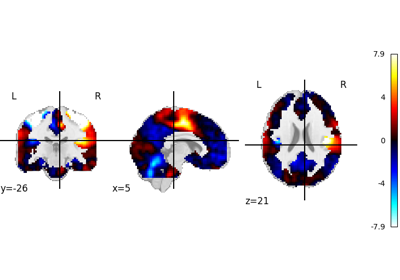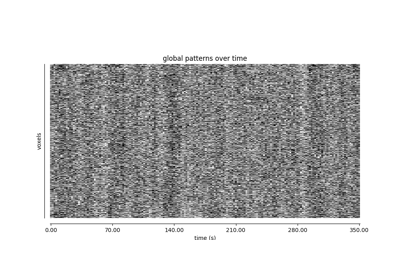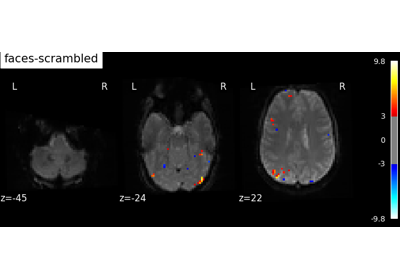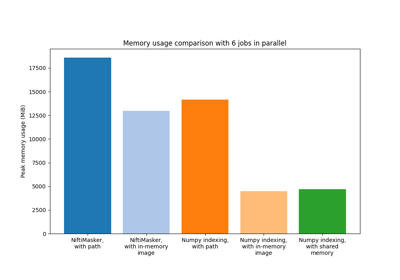Note
This page is a reference documentation. It only explains the function signature, and not how to use it. Please refer to the user guide for the big picture.
nilearn.image.concat_imgs¶
- nilearn.image.concat_imgs(niimgs, dtype=<class 'numpy.float32'>, ensure_ndim=None, memory=None, memory_level=0, auto_resample=False, verbose=0)[source]¶
Concatenate a list of images of varying lengths.
The image list can contain:
Niimg-like objects of varying dimensions (i.e., 3D or 4D) as well as different 3D shapes and affines, as they will be matched to the first image in the list if
auto_resample=True.surface images of varying dimensions (i.e., 1D or 2D) but with same number of vertices
- Parameters:
- niimgsiterable of Niimg-like objects, or glob pattern, or
listortupleofSurfaceImageobject See Input and output: neuroimaging data representation. Images to concatenate.
- dtypenumpy dtype, default=np.float32
The dtype of the returned image.
- ensure_ndim
int, default=None Indicate the dimensionality of the expected niimg. An error is raised if the niimg is of another dimensionality. Ignored for
SurfaceImage.- auto_resample
bool, default=False Converts all images to the space of the first one. Ignored for
SurfaceImage.- verbose
boolorint, default=0 Verbosity level (
0orFalsemeans no message).- memoryNone, instance of
joblib.Memory,str, orpathlib.Path, default=None Used to cache the masking process. By default, no caching is done. If a
stris given, it is the path to the caching directory. Ignored forSurfaceImage.- memory_level
int, default=0 Rough estimator of the amount of memory used by caching. Higher value means more memory for caching. Zero means no caching. Ignored for
SurfaceImage.
- niimgsiterable of Niimg-like objects, or glob pattern, or
- Returns:
- concatenated
Nifti1ImageorSurfaceImage A single image.
- concatenated
See also
Examples using nilearn.image.concat_imgs¶
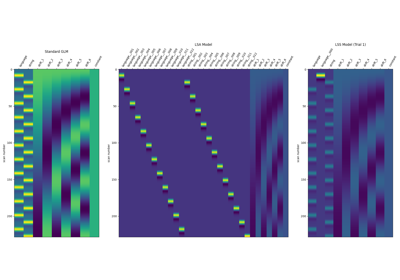
Beta-Series Modeling for Task-Based Functional Connectivity and Decoding
